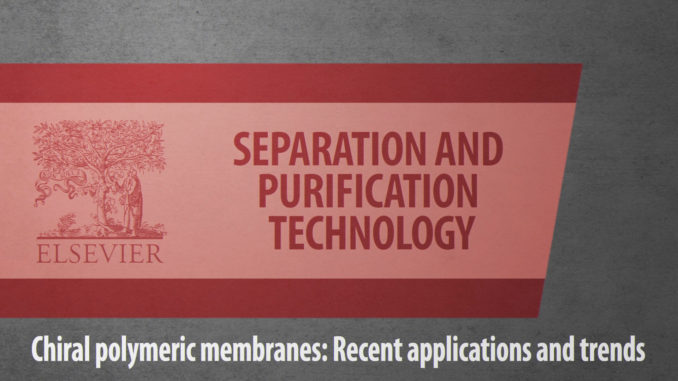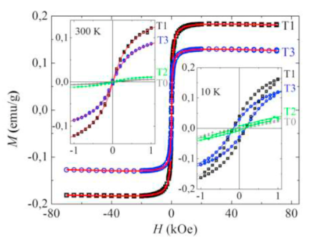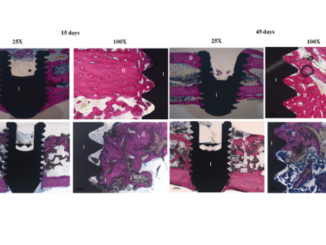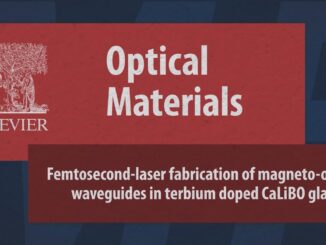
Chiral polymeric membranes: Recent applications and trends
Abstract: The development and marked growth of chiral compounds is primarily due to the increased demand for pharmaceutical applications, but it has been also extended to other sectors like agrochemicals, food, flavours, fragrances and material science. The pure enantiomers can present higher efficacy, potency and are considered safer than racemate or even achiral compounds. Enantiomerically pure compounds can be obtained by stereoselective synthesis and by post-synthesis separation through chiral separation methodologies. The use of solid polymeric membranes has become promising for enantiomeric separation, due to the low cost and energy consumption, continuous operability and variety of materials. This review aims to present the advances in research of chiral separation, using the enantioseparation technique based on solid polymeric membranes. Theoretical fundamentals and applications of solid polymeric enantioselective membranes in the last ten years is presented. The review also provides relevant information on the performance of this type of membranes for future applications and improvement in chiral separation field.
Author(s): Vedovello, P.; Paranhos, C. M.; Fernandes, C.; Tiritan, M. E.
Separation and Purification Technology
Published: 1 January 2022, Volume 280, 119800
DOI: https://doi.org/10.1016/j.seppur.2021.119800
CDMF
The CDMF, hosted at the Federal University of São Carlos (UFSCar), is one of the Research, Innovation and Dissemination Centers (RIDC) supported by the São Paulo State Research Support Foundation (Fapesp), and also receives investment from the National Council Scientific and Technological Development (CNPq), from the National Institute of Science and Technology of Materials in Nanotechnology (INCTMN).




